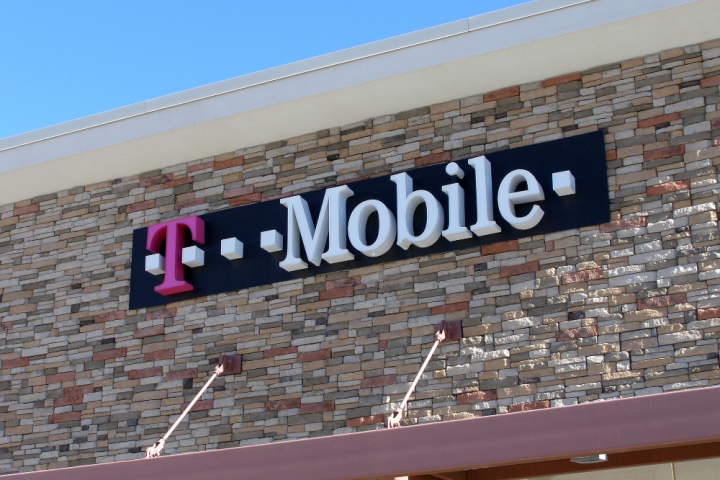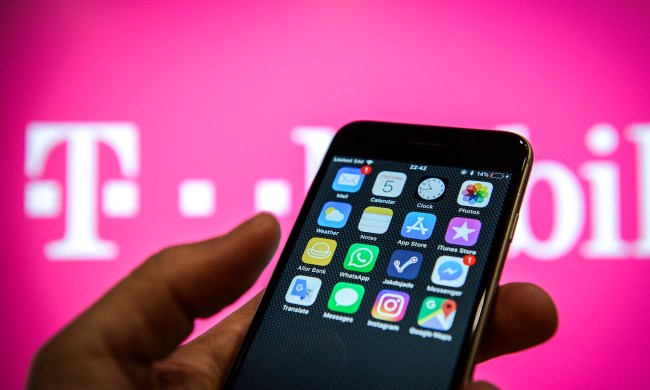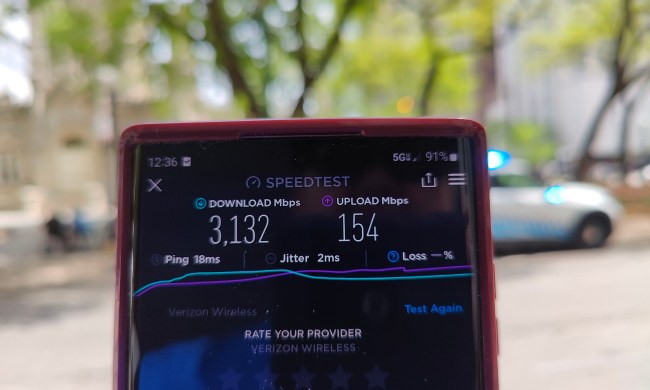
“With the Un-carrier, the customer — and now even their family and friends — always get more,” T-Mobile chief John Legere said in a press release. “The other guys don’t even know how to give you something without asking for more — much less give you something you can share with family and friends.”
On January 24, T-Mobile customers will receive two free movie rentals through FandangoNOW, Fandango’s eponymous streaming movie portal. They’ll get discounted gas, up to 25 cents per gallon, at Shell pumps courtesy of the chain’s Fuel Rewards program. And they’ll receive a Lyft ride good for up to $15.
And they’ll be able to gift any of those rewards to friends and family, even if they don’t subscribe to T-Mobile.
The carrier said that more than 6 million T-Mobile customers have accepted more than 27 million gifts since T-Mobile Tuesday kicked off this past summer, including more than 6 million hours of movies and 2.8 million gallons of discounted gas.
The new promotion comes on the heels of Un-carrier Next, T-Mobile’s newest bevy of subscriber benefits. T-Mobile replaced capped data plans with the unlimited T-Mobile One plan; introduced the “one plan guarantee,” which locks in advertised prices “indefinitely” for new customers; and rolled out KickBack, which credits subscribers who use less than 2GB a month for the data they don’t use. And it pledged to eat the “billions” in taxes and government fees that subscribers pay on top of their bills.
In December, T-Mobile announced Digits, a new service that provides a single phone number that works across smartphones, tablets, computers, and even wearables. Subscribers can answer and place calls from the aforementioned devices, and a dedicated Digits dashboard provides access to call history, messages, and voicemail.
And in late 2016, T-Mobile announced that its network now reaches more than 313 million people in the U.S., and that it can achieve a faster theoretical speed — 1Gbps — than most other carriers in the U.S.
“The internet wasn’t meant to be metered in bits and bytes, so it’s insane that wireless companies are still making you buy it this way,” Legere said in early January. “The rate plan is dead — it’s a fossil from a time when wireless was metered by every call or text. The internet was meant to be unlimited, and at T-Mobile, we believe that everyone should have unlimited mobile internet.”
The carrier is on an upward trajectory. In the fourth quarter, T-Mobile added 2.1 million customers and reported a best-ever churn rate of 1.28 percent. Over the course of 2016, the carrier added 8.2 million customers.


